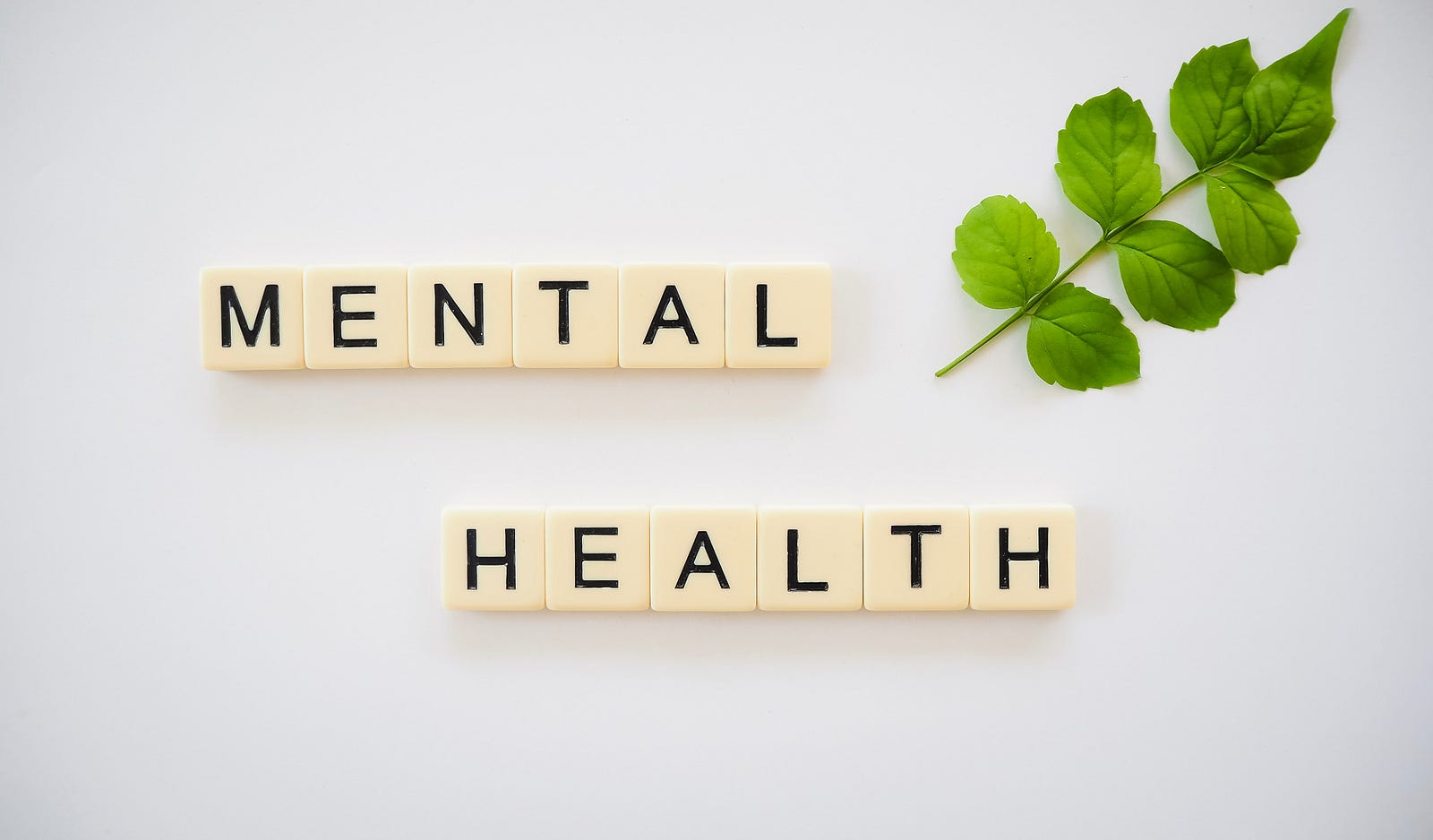Running improves heart health, builds muscle, and increases bone density.
Running is a popular physical activity that can offer numerous benefits for physical and mental health. Today we explore 8 benefits of running.
This exercise form has been around for centuries. Not only is it a great way to get outdoors and enjoy the fresh air, but it also provides numerous health benefits.
From improving cardiovascular health to reducing stress and anxiety, running is a simple and effective way to improve your physical and mental well-being. In this article, we will explore the many health benefits of running and why it is a great exercise for people of all ages and fitness levels.
For this, be sure, tonight thou shalt have cramps, Side-stitches that shall pen thy breath up.
Urchins Shall forth at vast of night that they may work
All exercise on thee.
Thou shalt be pinched As thick as honeycomb, each pinch more stinging
Than bees that made ’em. — William Shakespeare
Let’s get to the 8 benefits of running.
1. Better cardiovascular health.
Running can help strengthen your heart and lungs, improving your cardiovascular health. Recent research has raised alarms regarding some long-distance runners’ heart plaque buildup and scarring.
On the other hand, other studies have suggested that when marathoners get heart disease, they can weather it better than non-runners.
A Stanford University study published in 2008 focused on runners and non-runners in their 50s. Scientists tracked them for over two decades. In the study start, the runners ran an average of approximately four hours weekly. After 21 years, their running time dropped to an average of 76 minutes per week, but the runners continued to experience positive health effects.
By the 19-year mark, 34 percent of non-runners had passed away (compared with 15 percent of runners).
What is clear is this: Avoiding sedentary behavior improves heart health.
2. Weight management.
Running can help you to burn calories and maintain a healthy weight. A rough estimate for running is about 100 calories per mile, says Dr. Daniel V. Vigil, an associate clinical professor of health sciences at David Geffen School of Medicine at UCLA (USA). However, this standard number varies by individual. Body weight plays a major role.

Dr. Vigil adds: “If you want to burn 400 calories in one hour, you can run four miles at a leisurely 15-minute-per-mile pace. If you want to burn those same 400 calories in 30 minutes, you would need to run four miles at a brisk 7-minute-30-second pace.”
Exercise burns energy (that is fueled by calories). One pound equals 3,500 calories. To lose one pound weekly, you must burn roughly 500 to 1000 more calories than you consume daily. Don’t forget to exercise and have a diet plan to lose weight.
3. Reduced risk of chronic diseases.
Regular running reduces the risk of chronic diseases such as heart disease, diabetes, and certain types of cancer.
The United States Centers for Disease Control and Prevention recommends that we get the following:
At least 150 minutes of moderate-intensity aerobic activity or 75 minutes of high-intensity aerobic activity per week to maintain health.
While we often consider running (and other exercises) important to maintain a healthy weight, physical activity has other benefits. For example, running can lower blood pressure and cholesterol levels, reducing your heart disease risk.
Running can also help reduce your risk of significant bone loss (osteoporosis). Finally, running can help many to improve symptoms of anxiety and depression.
Is Running Associated with Longer Life?
Running is a sport that can drop all-cause mortality by more than one-quarter.medium.com
4. Stronger bones
Next up for the 8 benefits of running – Stronger bones. Running is a weight-bearing activity that can help strengthen your bones and reduce the risk of osteoporosis. Osteoporosis is a significant cause of disability in older women. The bone-weakening disorder (osteoporosis) often leads to fractures in the spine and hips — which can severely impair independence and mobility.
How can you reduce your risk of life-changing injury? The following activities can help prevent bone loss:
- Strength training exercises, especially those involving the upper back
- Weight-bearing aerobic activities
- Flexibility exercises
- Stability and balance exercises
On the other hand, high-impact physical activity (such as running, jogging, or jumping) can lead to fractures in weakened bones. Avoid rapid, jerky movements. Choose exercises involving controlled and slow motions.
If you’re relatively fit despite having osteoporosis, you might be able to engage in somewhat higher-impact exercise than someone frail. Running may have a particularly positive effect on weight-bearing bones such as your legs. Weight-bearing bones are the ones most susceptible to disabling fractures in later life.
Whole body bone health is important, so I suggest my patients do things to strengthen arm bone strength. Some do resistance band training, some lift weights, and others run with water bottles in their hands.
(While running and walking can improve bone density (and help prevent osteoporosis), there are plenty of other waywell-beinghe same results with less impact.)

5. Benefits of running: Improved mental health.
Running reduces symptoms of depression and anxiety and improves overall mood.
Running is beneficial not only for physical health but also for mental well-being. Here are some of the mental health benefits of running:
- Reduced symptoms of depression and anxiety: Running has been shown to reduce symptoms of depression and anxiety, likely due to the release of endorphins, which are natural mood-boosting chemicals in the brain.
- Improved stress management: Running can help to reduce stress levels by providing a healthy outlet for tension and promoting relaxation.
- Increased self-esteem and self-confidence: Achieving running goals, such as running a certain distance or completing a race, can help to improve self-esteem and self-confidence.
- Better sleep: Regular running can improve sleep quality, benefiting overall mental health and well-being.
- Improved cognitive function: Running improves cognitive function, including better memory, attention, and decision-making skills, which can contribute to better mental health.
- Enhanced mood: Running can help to enhance overall mood, providing a sense of accomplishment and increased feelings of happiness and well-being.
- Reduced risk of cognitive decline: Regular running reduces cognitive decline and dementia risks.
Overall, running can be a great way to improve mental health by reducing symptoms of depression and anxiety, improving stress management, increasing self-esteem and self-confidence, promoting better sleep, and enhancing overall mood and cognitive function. Let’s move on to #6 of the 8 benefits of running.
6. Increased energy levels.
Regular running boosts your energy levels and improves overall stamina. Exercise leads to intracellular changes in your body. First, exertion stimulates your body to make more mitochondria inside your muscle cells. The mitochondria are our cellular powerhouses, creating fuel from glucose (from your consumed food) and oxygen (from the air you breathe).
Second, exercise boosts your body’s oxygen circulation. This rise in oxygen supports mitochondrial energy production. Third, exercise increases hormones that make you feel more energized.
Exercising also facilitates oxygen circulation in your body. This increase in oxygen supports the mitochondria’smitochondria’s energy production and allows your body to function better and use energy more efficiently. In addition, your body gets a boost from surging hormone levels that make you feel more energized.
7. Better sleep.
Finally, regular exercise (such as running) often promotes better sleep. With more deep sleep, you will feel more rested when you awaken in the morning.

8. Benefits of running: Increased confidence.
Achieving fitness goals through running can help to boost self-confidence and self-esteem. A Columbia University (USA) study showed that setting (and attaining) ambitious goals positively impacts happiness levels, leading to a confidence boost. More reason to try that mile run, 5K, half-marathon, or marathon.
One more thing:
He Runs 4:38 Per Mile. For An Entire Marathon — What We Can Learn
HE IS THE GREATEST marathon runner in human history. They call him “The Philosopher” because of his intelligence. Eliud…medium.com
The information I provided in this blog is for educational purposes only and does not substitute for professional medical advice. Please consult a medical professional or healthcare provider for medical advice, diagnoses, or treatment. I am not liable for risks or issues associated with using or acting upon the information in this blog.
Thank you for reading “8 Benefits of Running.”




